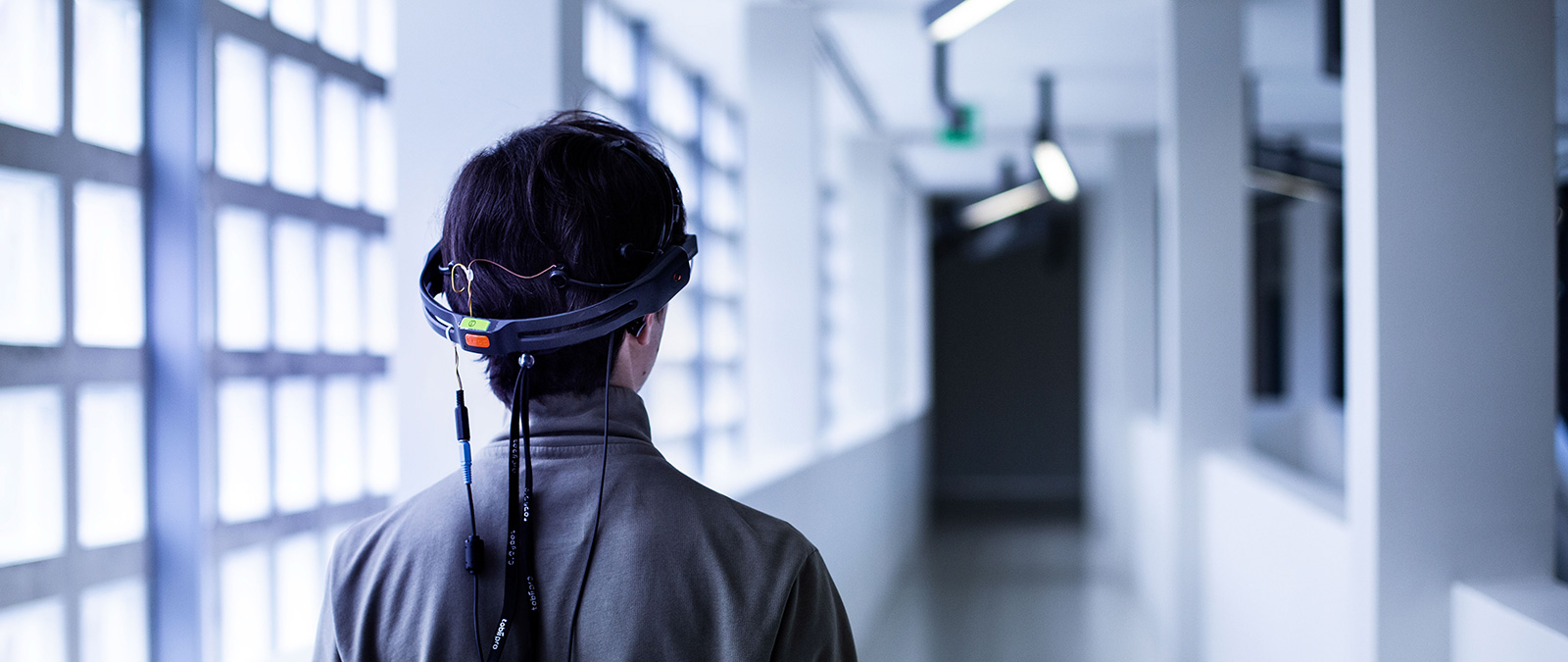
The effects of artificial intelligence on the consumption experience
Year 2019
Rapid technological advances, from Self-Service Technologies (SST) to Artificial Intelligence, have led to extensive transformations in customer interfaces, generating new forms of human-machine interaction.
The AI technology that replaces Frontline Employees (FLE) is a central reference point for marketing, sales and service literature. The impact of automated technology on the customer experience is not yet fully understood. In particular, while from a theoretical point of view there are many conceptualizations on the subject of SST and technological integration, there is still a lack of solid academic interpretation supported by empirical results.
This project starts from the observation that the success of the automation of customer interfaces should not be taken for granted. Within the research, we will measure the effects of service automation, showing its limits when they replace - rather than complete - the human factor.
Specifically, the research questions are:
- RQ1. What is the effect of creating systems where technologies and service personnel complement each other?
- RQ2. What are the factors that explain the success and failure of integration between technology and people from the customer's perspective?
The research methodology will include a two-step process:
- Interviews and focus groups aimed at exploring the perspective of both consumers and companies;
- data gathering through a survey administered to a representative sample at a national level.